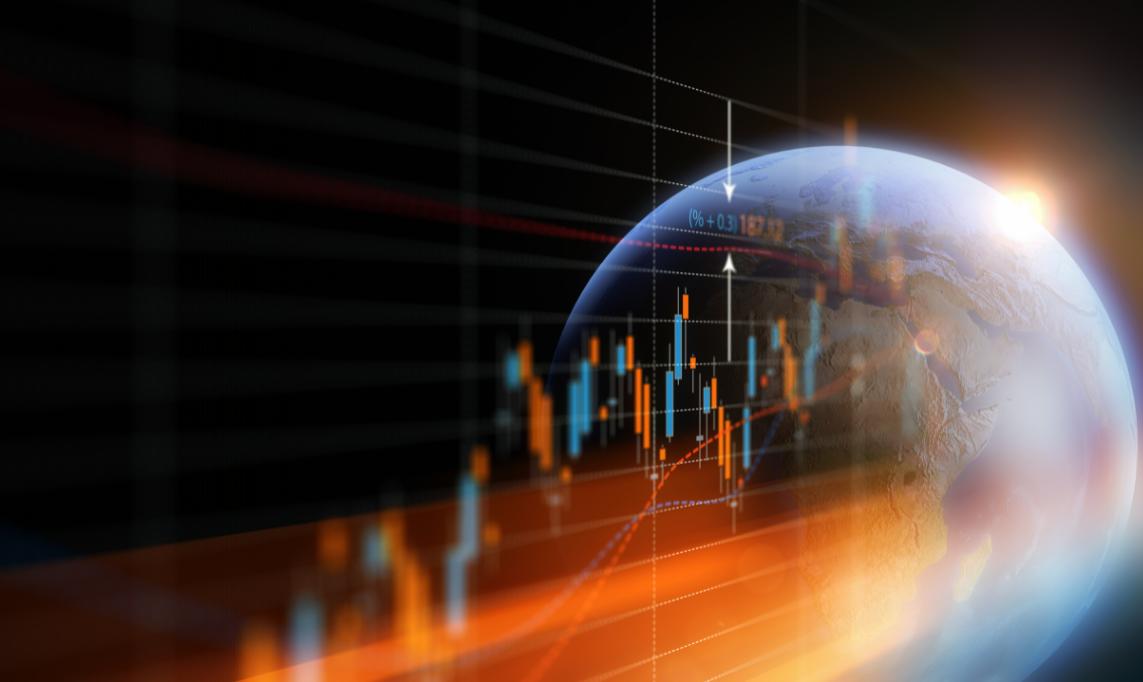
Artificial intelligence: bubble or new eldorado?
Sensors, robots, self-driving cars or virtual assistants that respond via chat
These are just a few of the devices that now operate thanks to artificial intelligence (AI), that is, the technology behind many machines now widely used in industry and the service sector, capable of replacing human labor.
In the international financial community, which is always on the hunt for lucrative opportunities, artificial intelligence is becoming a real object of desire, for a reason that is not hard to understand: if the impetuous development of this technological innovation continues at the same rapid pace as it is today, there are companies listed on stock exchanges around the world that stand a good chance of making a mountain of revenues and profits in the decades to come. What are these companies?
It is precisely from that question that the business community has sprung into action, pouring a mountain of money into the technology companies best positioned to ride the AI revolution. It must be said, however, that the development of artificial intelligence has ancient origins dating back to the middle of the last century.
In 1950, British mathematician Alan Turing wrote a paper (titled "Computing machinery and intelligence") in which he defined the criteria for building an intelligent machine with at least four capabilities: that of communicating with the outside world, storing information, using data to draw conclusions or answer questions, and, finally, learning automatically based on external circumstances that change over time. Building on this milestone, science has developed more and more AI-based devices that, since the 1980s of the 20th century, have increasingly found their way into the machinery of industry, gradually replacing human labor. Now, however, this innovation trend is taking a further turn.
Generative Artificial Intelligence: ChatGPT
Today, more and more people are talking about generative artificial intelligence, a technology that is able to create written text, images, videos, music tracks and other types of content by responding to requests that come in from users. It is precisely generative artificial intelligence that underlies the much-discussed and hotly contested ChatGPT, the application developed in America by OpenAI (a nonprofit corporation), which answers users' questions on any topic, creates written texts or translates them into various languages.
In addition to replacing man's physical labor, then, artificial intelligence looks increasingly set to replace his intellectual labor as well, at least for certain tasks, triggering a real revolution in the economy and society. In the prospect of this revolution coming to fruition, therefore, investors have poured a mountain of money into a number of companies that have an AI-related business and are listed mostly on U.S. stock exchanges.
This is the case, for example, with Nvidia, which is headquartered in Santa Clara and listed on the Nasdaq technology list: since the beginning of the year, its shares have gained as much as 158 percent (data as of June 12) and over a five-year period have had a stellar return of more than 500 percent. The boom on the list is mainly due to the growth in demand for processors produced by the company, which are finding increasing application with the development of generative artificial intelligence.
AI and Financial Markets
There was nothing better to tempt investors who vied to buy Nvidia stock on the Nasdaq. A triple-digit rise has also been netted by other stocks such as those of Palantir Technologies, a company based in Denver, Colorado, that specializes in big data analytics, another area that is experiencing great development thanks to AI. Over the past year, Palantir's stock has doubled in value on Wall Street, gaining 104 percent.
However, large corporations in the technology sector are also involved in the artificial intelligence business, not just the more specialized companies. The likes of Alphabet (which controls Google), Microsoft, Meta (which controls Facebook and Instagram) are developing AI-based applications and projects. However, this is still largely unexplored terrain with several grey areas. Those who have been following the news in recent months will be well aware that there has been a wide debate on artificial intelligence, and even a volcanic entrepreneur such as Elon Musk, founder of Tesla, has called for a halt to the development of generative AI, so as not to risk momentous upheavals. Not to mention what happened to OpenAI, which was blocked in Italy by the Privacy Guarantor and slowed the development of the latest version of ChatGPT, while waiting for European countries to pass more defined regulations on artificial intelligence.
In fact, the EU has put in the pipeline the AI Act, a package of rules that should regulate the use of these new technologies. It is an issue that cannot fail to interest hi-tech giants such as Microsoft, which is betting heavily in OpenAI. Last January, for example, the U.S. giant unveiled a plan to invest as much as $11 billion in OpenAI, with a view to bringing artificial intelligence into its operating systems (starting with Windows 11).
As is always the case when there is great euphoria around a technological innovation with rivers of money involved, however, the risk of a speculative bubble bursting is always just around the corner, as indeed happened in 2000 with dot.com stocks, companies with an internet-related business. It is indeed true that artificial intelligence will change our lives in the medium and long term, but in the stock market there is a rule as old as the world: when the price of a stock runs too fast, it is likely sooner or later to take a sharp tumble.


